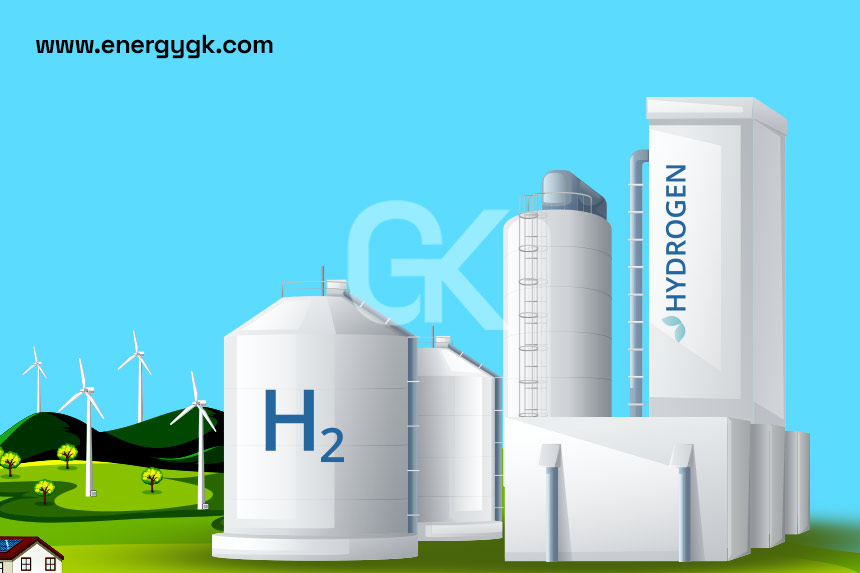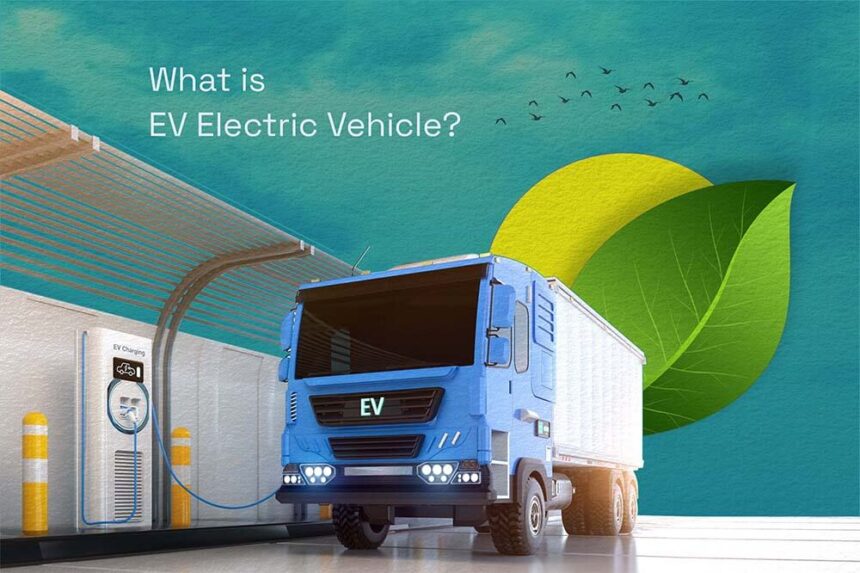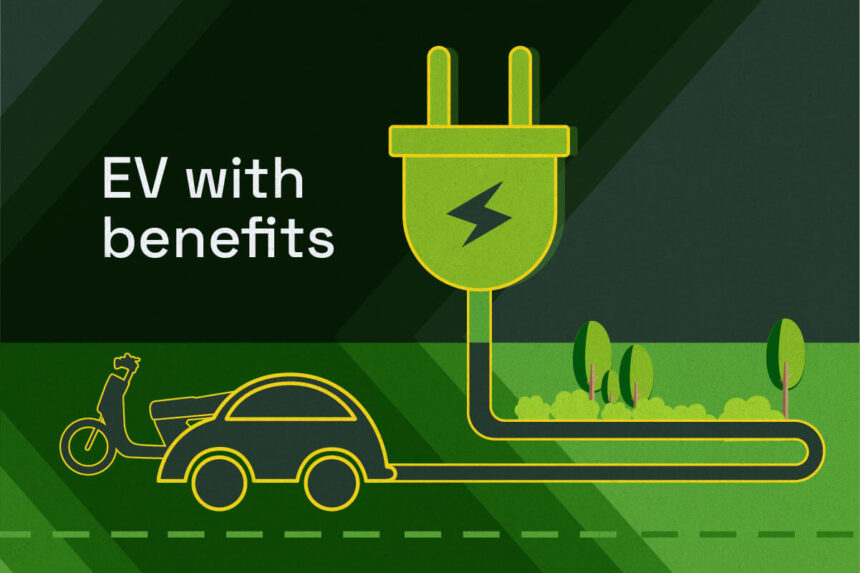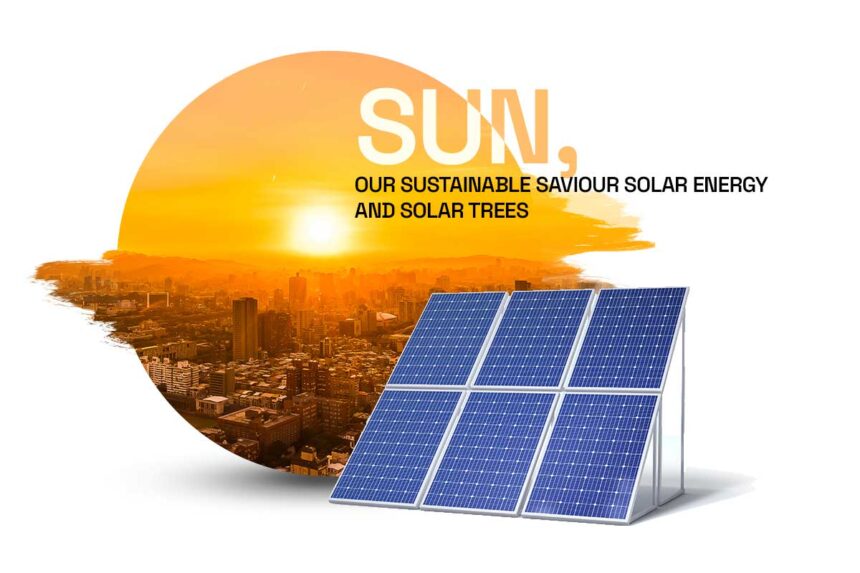In our world that is changing quickly sustainability is becoming more and more important. Adopting sustainable energy solutions becomes a ray of hope as we struggle with issues like resource depletion climate change and environmental degradation. Beyond the apparent advantages for the environment however sustainable energy has the potential to promote a more fair and just society. This blog explores the ways in which social justice equity and economic inclusivity can be fueled by sustainable energy.
Filling the Gap in Energy Access. Filling the gap in energy access is one of the most significant ways sustainable energy can support a just world. More than 770 million people worldwide—mostly in impoverished and rural areas—do not have access to electricity. Due to their high costs and logistical difficulties traditional energy infrastructures frequently avoid these areas. These isolated areas can be more effectively served by sustainable energy solutions especially decentralized renewable energy sources like solar and wind. These systems empower communities enhance quality of life and create opportunities for economic healthcare and educational advancement by supplying dependable and reasonably priced energy.
Developing Communities That Are Marginalized. Projects utilizing sustainable energy have the potential to be a potent instrument for empowering underprivileged groups. One example of how local populations can take charge of their energy resources is through community-owned renewable energy initiatives. This not only guarantees that the advantages of clean energy—such as reduced energy expenses and the creation of jobs—remain localized but it also promotes a feeling of empowerment and ownership. Also in areas where employment is scarce sustainable energy projects frequently result in job openings. The renewable energy industry offers a wide range of job opportunities that can improve entire communities from manufacturing and management to installation and maintenance.
Halting Inequalities in Health. Low-income and marginalized communities are disproportionately affected by air pollution which is primarily caused by traditional energy sources especially fossil fuels. These neighborhoods frequently reside close to industrial areas which have the highest pollution levels. The health consequences which include cardiovascular and respiratory disorders worsen pre-existing social disparities. Making the switch to sustainable energy sources such as wind solar and hydro power can greatly improve everyones health especially for those living in vulnerable communities by reducing air pollution. Health issues are avoided medical expenses are decreased and general wellbeing is enhanced when there is cleaner air.
Enhancing Fairness in the Economy. By generating inclusive economic opportunities the transition to sustainable energy can promote economic equity. Across all skill levels the renewable energy sector employs millions of people and is one of the fastest-growing industries in the world. Putting money into this industry helps boost regional economies fight poverty and encourage resilience to the economy. In the long run sustainable energy can also lower energy costs. Reduced energy costs translate into more disposable income for low-income homes and businesses which can then be used to fund other necessities like housing healthcare and education.
This financial assistance may be very important in ending the poverty cycle. promoting the integration of social groups. Technology and economics are only two aspects of the shift to sustainable energy social inclusion must also be promoted. Projects aimed at promoting sustainable energy must engage the public and the community.
By including local communities in the decision-making process we guarantee that the energy solutions put into place are customized to meet their unique requirements and preferences. In addition training and education programs focused on sustainable energy can increase local capacity and knowledge guaranteeing that communities take an active role in the energy transition in addition to being beneficiaries. This all-encompassing strategy enhances community resilience and fosters social cohesion.
Conclusion
Beyond just being necessary for the environment sustainable energy also serves as a potent catalyst for social justice and equity. A world more just and equitable can be achieved through sustainable energy by increasing access to energy empowering marginalized communities lowering health disparities promoting economic equity and encouraging social inclusion. Ensuring that everyone benefits from clean energy and no one is left behind is essential as we work towards a sustainable future. We can use sustainable energy to create a more inclusive equitable and brighter world for future generations if we work together and are committed to the cause.






